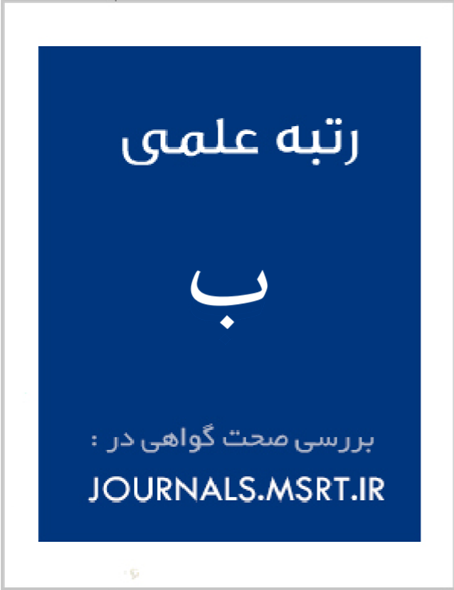Identifying the Philosophical-Ethical Dimensions of the Faithful Living Model in Islamic Lifestyle
Keywords:
Faithful living, Islamic lifestyle, Islamic philosophy, Islamic ethics, thematic analysis, religious epistemologyAbstract
The present study aims to identify the philosophical-ethical dimensions of the faithful living model in the Islamic lifestyle from the perspective of experts in religion, ethics, and Islamic philosophy. This qualitative study employed thematic analysis. Data were collected through semi-structured interviews with 20 academic and religious scholars in Tehran. Participants were selected purposefully, and interviews continued until theoretical saturation was achieved. NVivo software was used for data management, and a three-stage coding process—open, axial, and selective—was conducted. The analysis yielded three main categories: "Ontological Beliefs of Faithful Living," "Moral Values of Faithful Life," and "Practical Dimensions of Faith-Based Lifestyle." Each category contained several subthemes including concepts such as monotheism, creation’s purpose, piety, justice, altruism, religious rituals, family relations, and social conduct. Results revealed that these dimensions interact systemically, forming the epistemological, ethical, and behavioral foundations of the Islamic lifestyle. The findings emphasize the necessity of an integrated approach to the philosophical, ethical, and behavioral aspects in conceptualizing the Islamic lifestyle. The proposed model can serve as a conceptual framework for cultural, educational, and media planning aimed at promoting faithful living.
Downloads
Downloads
Published
Submitted
Revised
Accepted
Issue
Section
License

This work is licensed under a Creative Commons Attribution-NonCommercial 4.0 International License.


